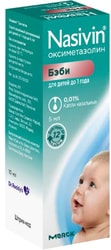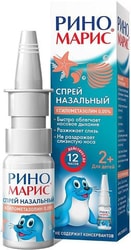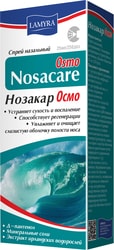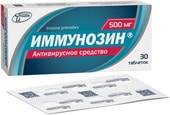Calendula officinalis boasts a wide array of therapeutic properties, including antibacterial, anti-inflammatory, wound-healing, cholagogue (bile-promoting), spasmolytic, sedative, and cardiotonic effects. Its preparations stimulate gastric and hepatic secretory activity, enhance bile production and flow, and reduce cholesterol and bilirubin levels in bile. Calendula also mitigates gastric acid aggression, strengthens the gastric mucosa's resilience, and promotes the regeneration of the gastrointestinal lining, aiding in the healing of ulcers and erosions. For improved bile excretion and the relief of gallbladder stagnation, calendula is often combined with yarrow and chamomile.
Calendula flower decoctions are used in the treatment of gynecological conditions, uterine bleeding, liver diseases, and to help prevent miscarriage following trauma during pregnancy. Infused calendula is effective in managing gastritis, peptic ulcers (stomach and duodenal), colitis, enterocolitis, and spleen and liver disorders. Calendula infusions are also considered beneficial for cardiovascular diseases accompanied by palpitations, dyspnea (shortness of breath), and edema. The flower's juice is taken internally for hypertension, angina pectoris, atherosclerosis, menopause symptoms, and nervous disorders.
Calendula officinalis is widely used topically for the treatment of minor wounds, cuts, bruises, fistulas, burns, frostbite, boils, acne, pressure sores, and gangrene (as an ointment, tincture, or infusion). Infused calendula is also applied to treat upper respiratory tract infections, tonsillitis, and oral cavity diseases, including oral thrush in children.





